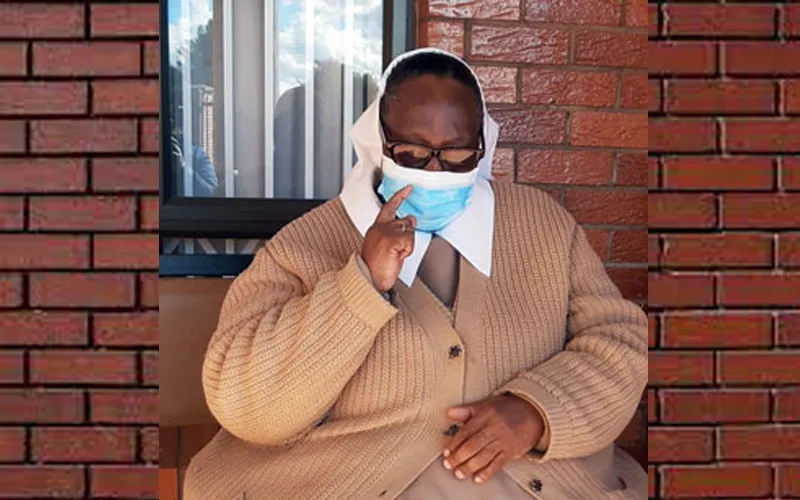Maseru, 21 April, 2021 / 6:57 pm (ACI Africa).
A Catholic Nun ministering in Lesotho has, in a report, recounted the impact of the COVID-19 pandemic on the people of God in the Southern African kingdom noting that her community “lost too many warriors in this battle.”
In the Saturday, April 17 report obtained by ACI Africa, Sr. Juliet Lithemba of the Sisters of Charity of Ottawa says, “We lost too many warriors in this battle, and life will never be the same.”
Sr. Lithemba was among the first Nun among members of her Religious community residing at Mt Royal Convent in Lesotho’s Catholic Diocese of Leribe to be test positive for COVID-19 in May 2020.
In the report by UN News, the information service of the United Nations, the 77-year-old Nun says she did not know much about the pandemic and when she developed the first symptoms, she assumed it was a cold.
“It didn’t come as a surprise to me that I had flu-like symptoms because all my life, I have been troubled by the common cold,” Sr. Lithemba has been quoted as saying in the report titled, “Surviving a deadly outbreak of COVID-19 in a Lesotho Convent.”








